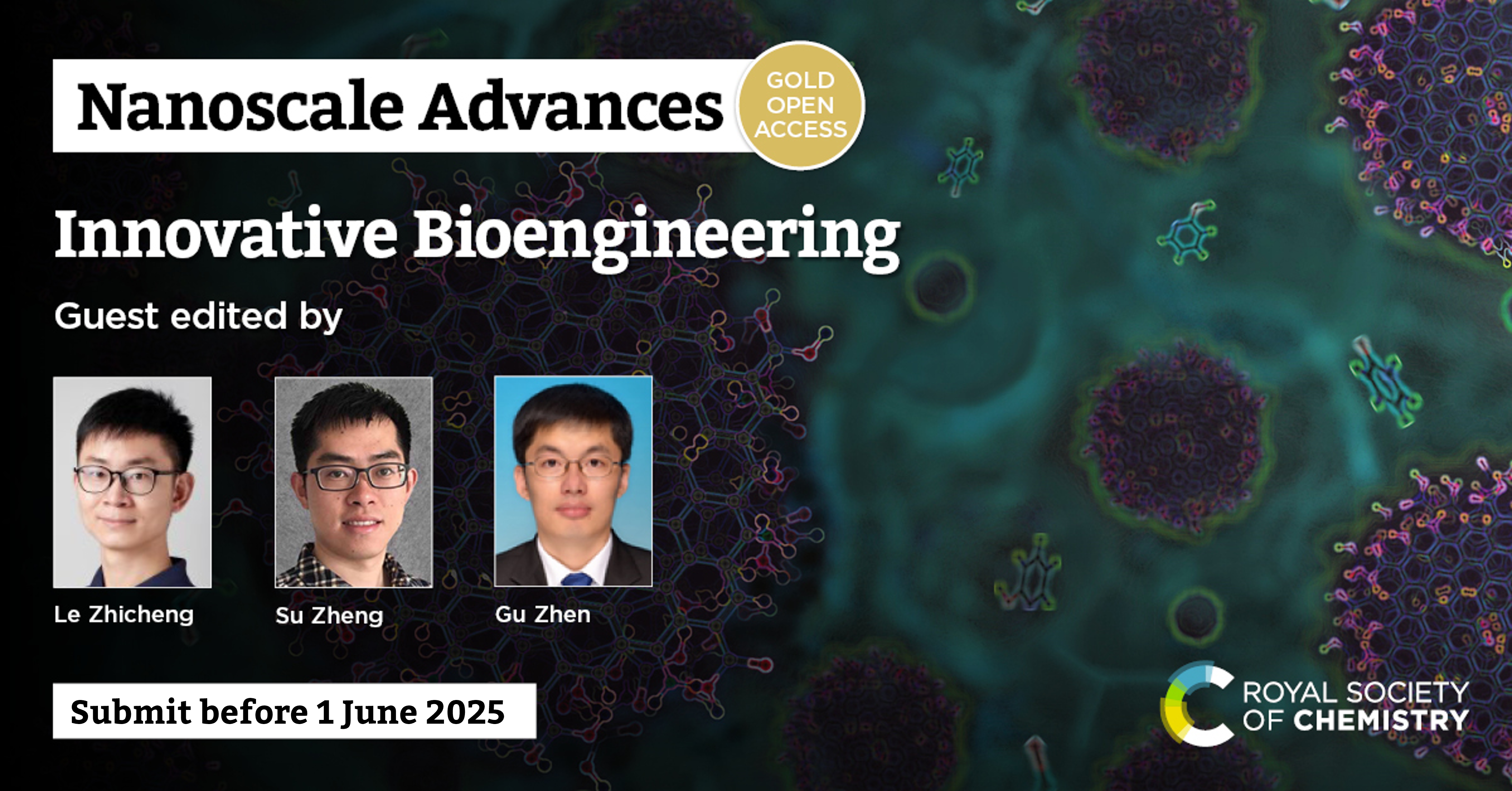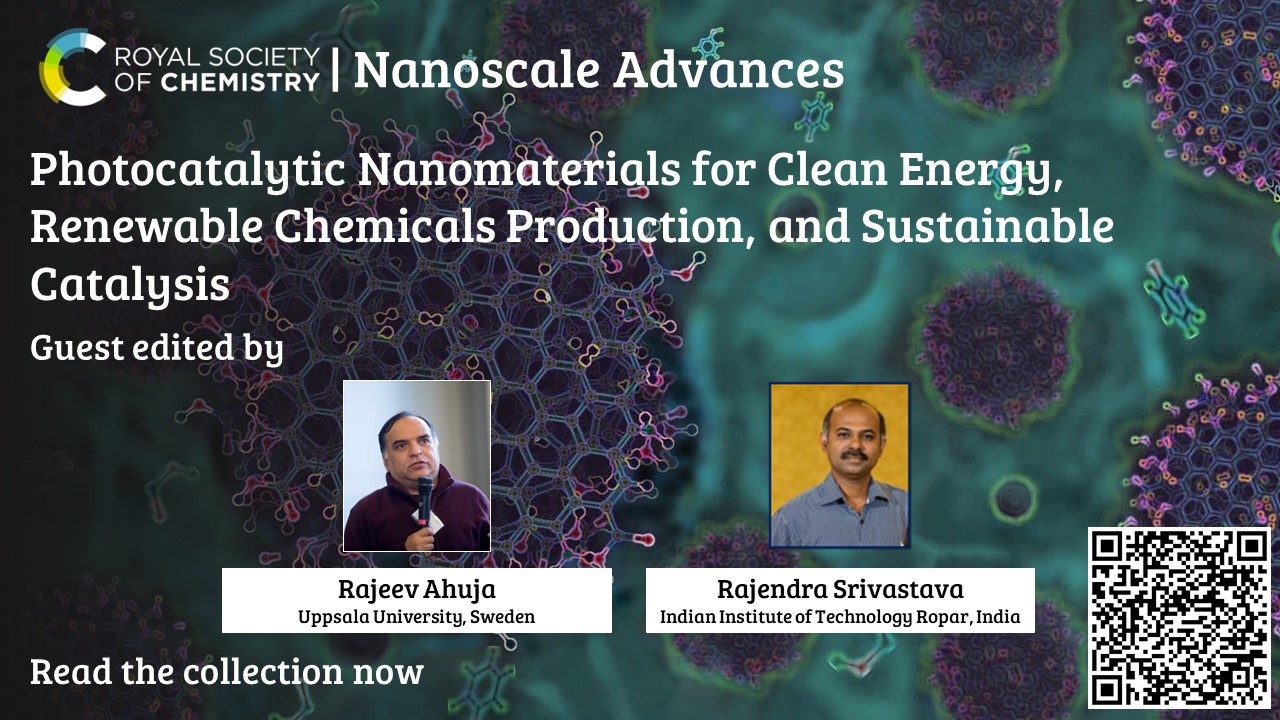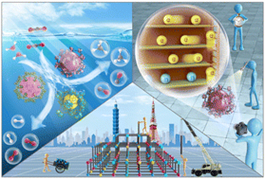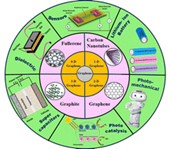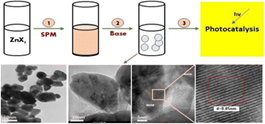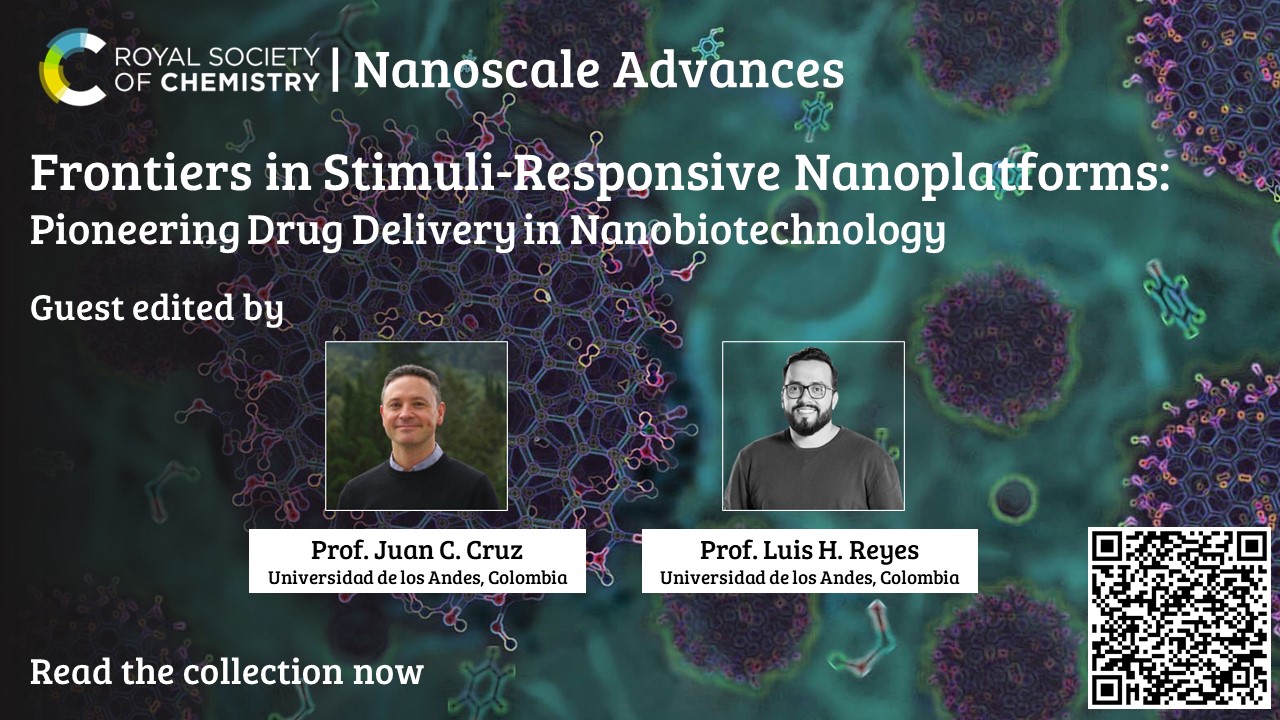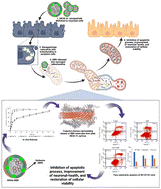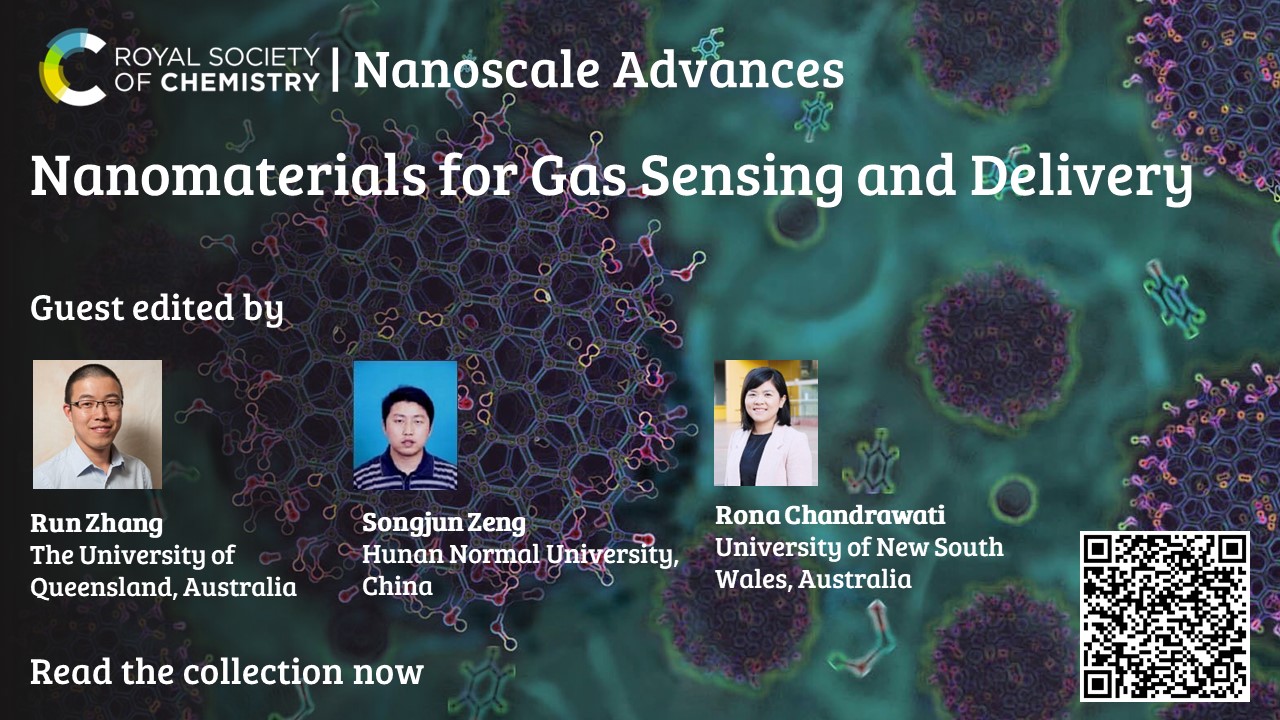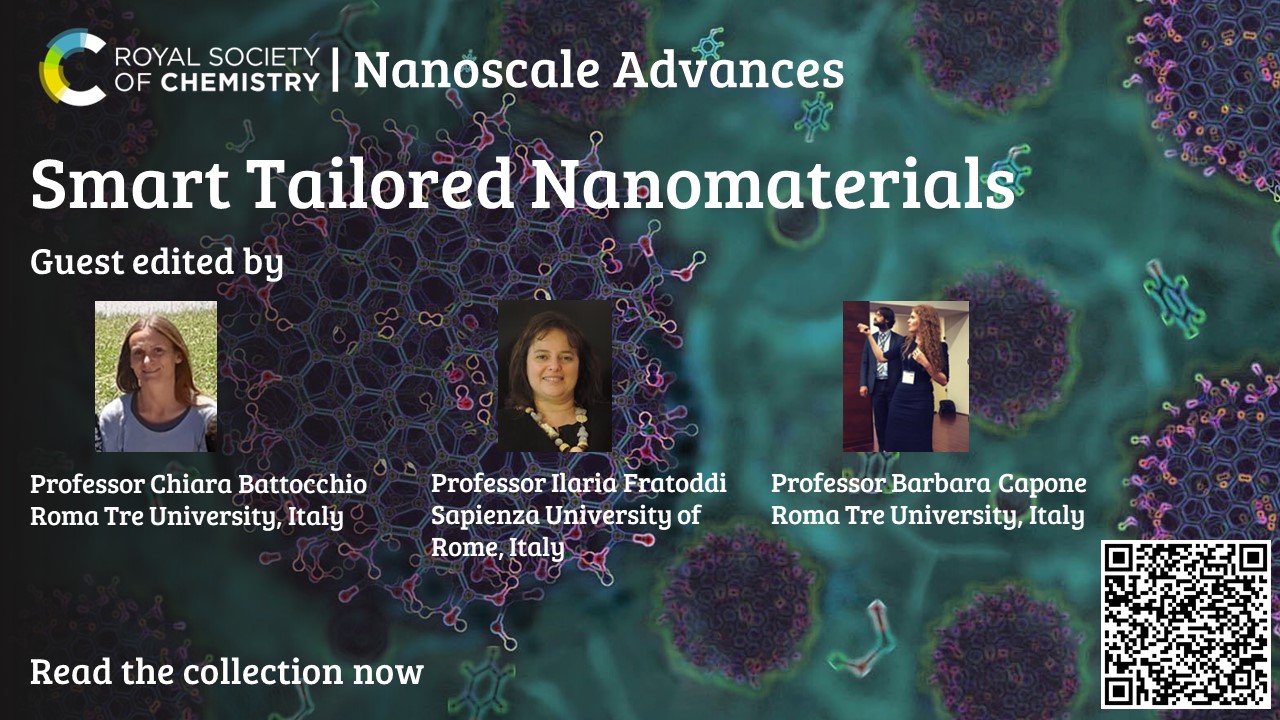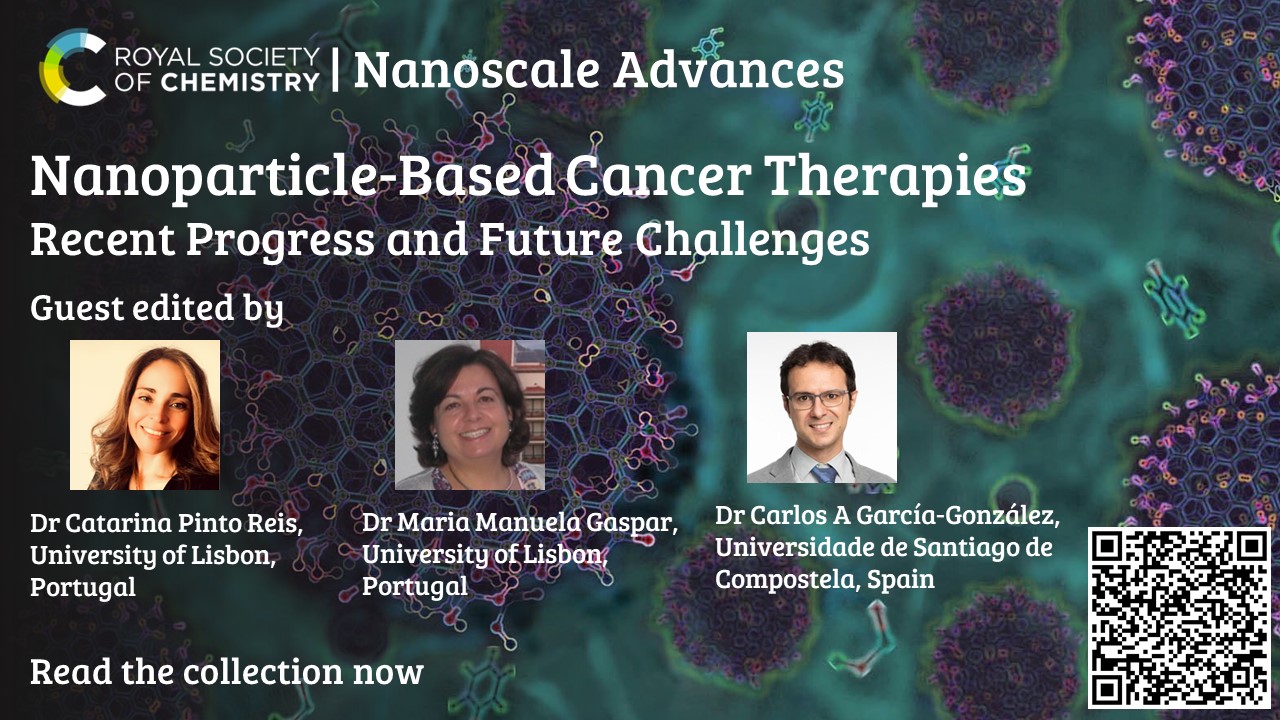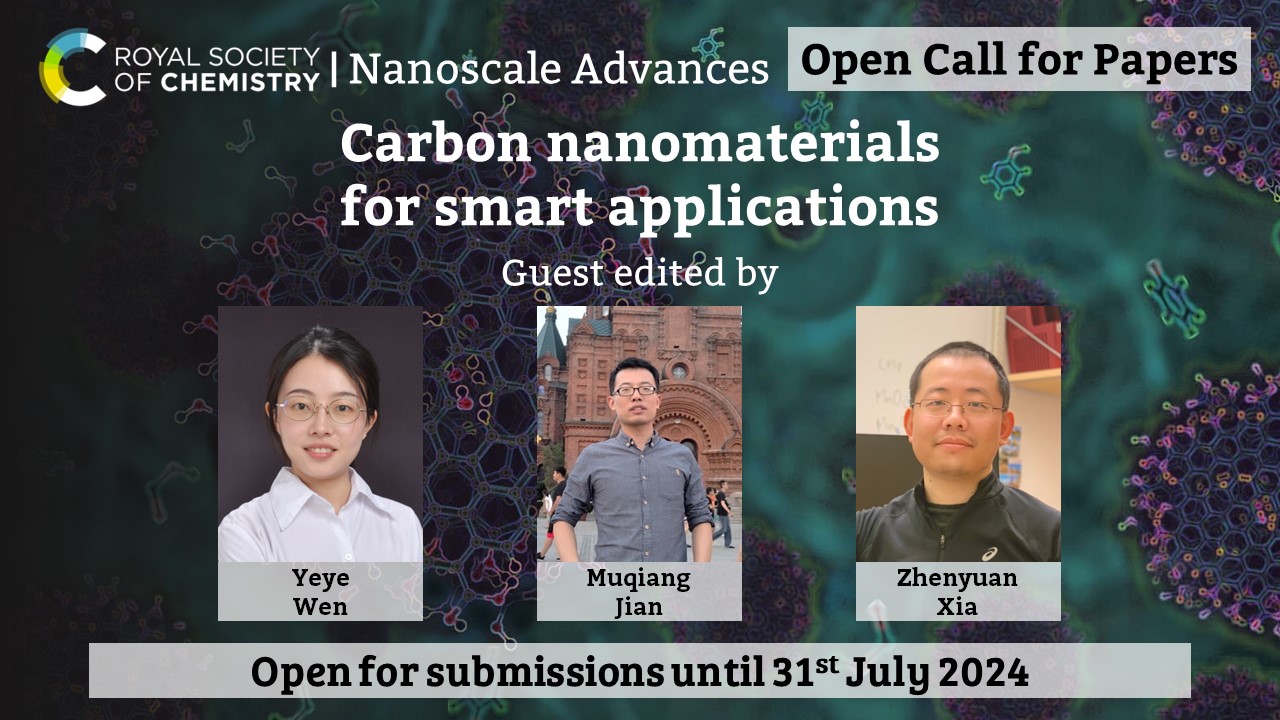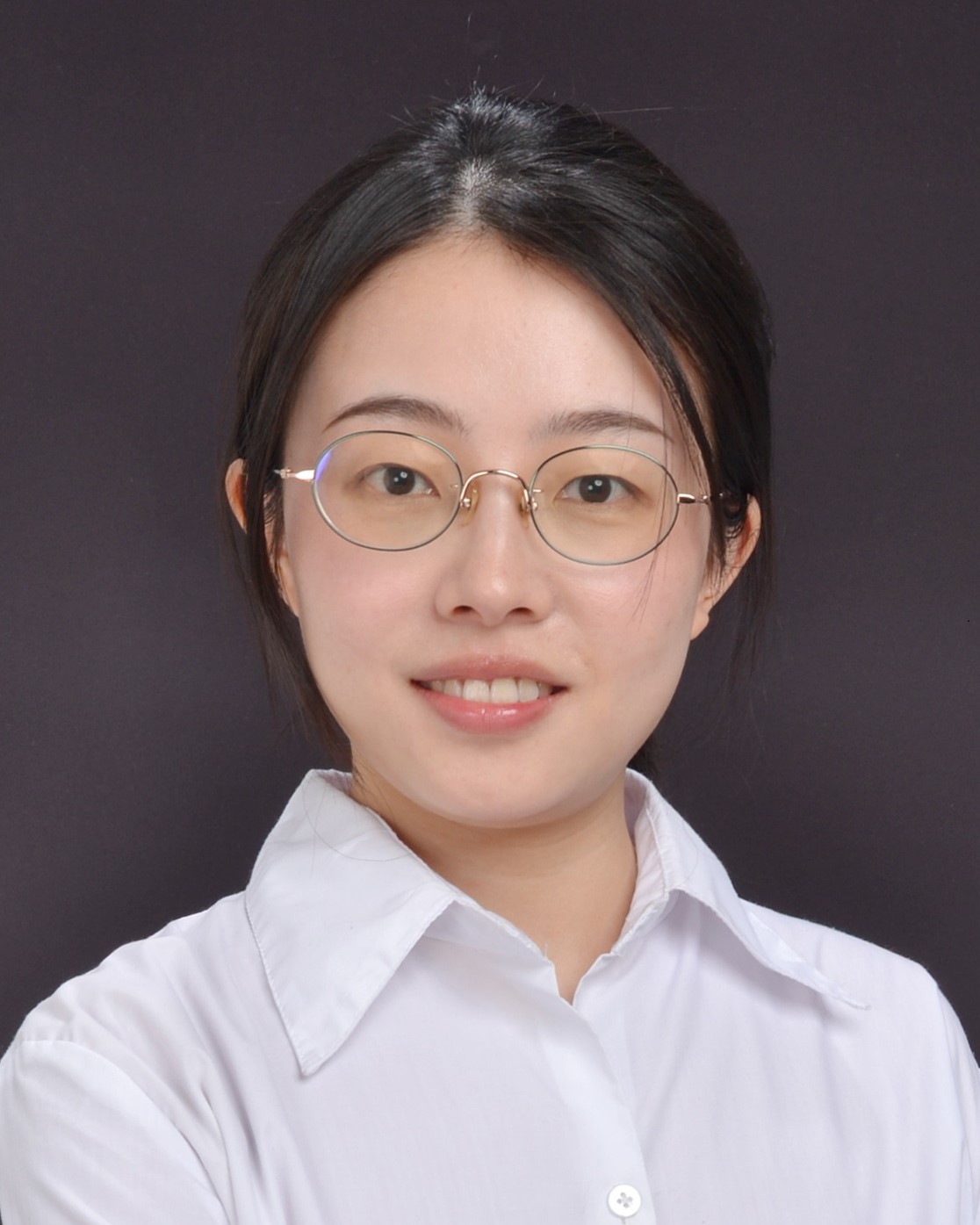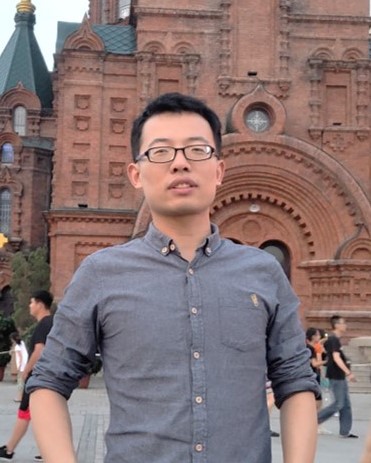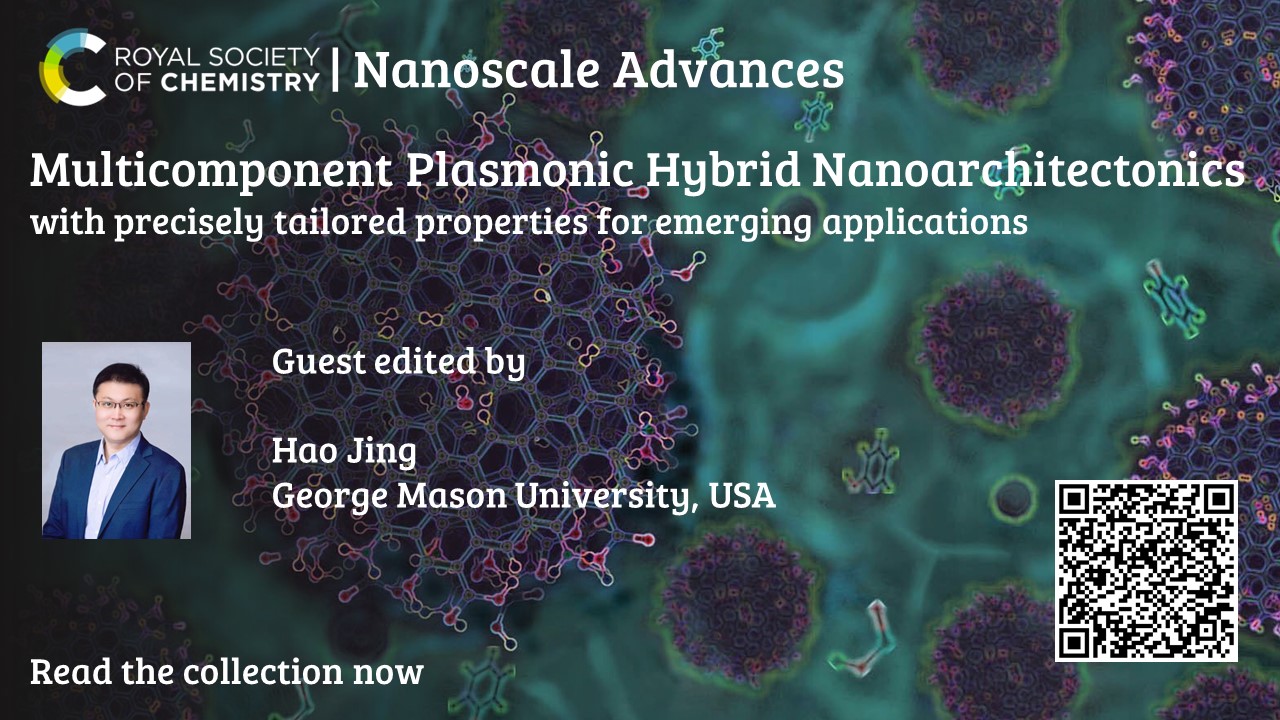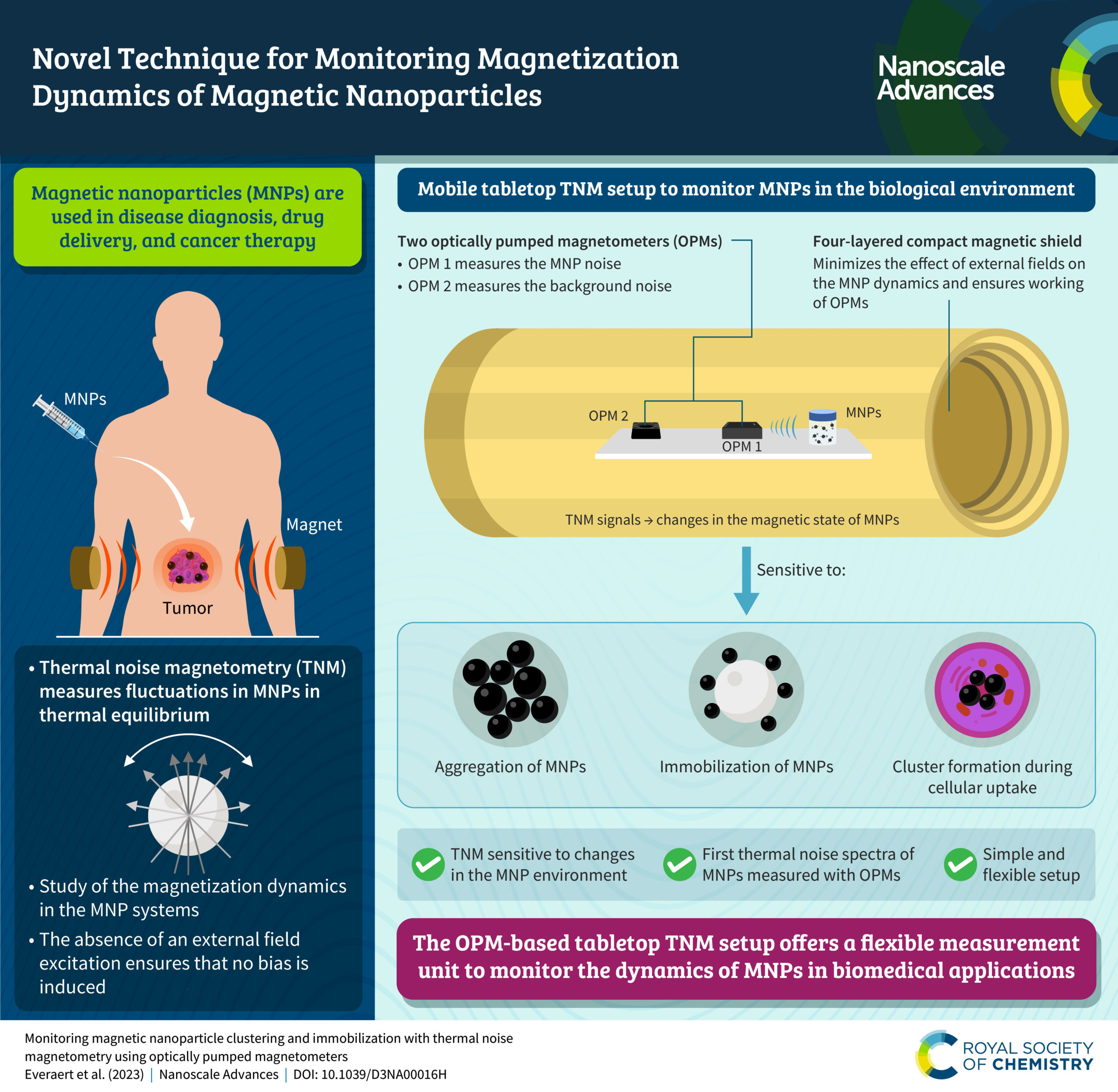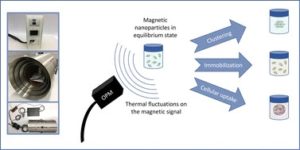We are delighted to announce an open call for papers to our new themed collection focusing on bioengineering!
Guest Editors: Su Zheng (The First Affiliated Hospital of University of Science and Technology of China), Le Zhicheng (National University of Singapore), Gu Zhen (University of Science and Technology Beijing)
Submissions on the following topics are welcome:
- Nanoscale functional biomaterials including the development and application of bioelectronic materials, responsive materials, smart materials, programmable materials, biocompatibility and biodegradability, immunomodulatory materials, integration with micro and nanotechnology, and personalized smart materials.
- Frontiers of nanobioprinting techniques include high-resolution bioprinting, multi-material printing, dynamic bioprinting, cell microenvironment optimization, tissue engineering scaffolds, functional organ and tissue models, high-throughput bioprinting, personalized medicine, novel bioinks, and clinical translation.
- Other cutting nanobiotechnology research of innovative bioengineering include gene editing technologies, synthetic biology, biomanufacturing, tissue engineering and regenerative medicine, bioinformatics and systems biology, immunoengineering, microfluidics and organs-on-chips, biomaterials, biosensors, neuroengineering, bio-robotics, environmental bioengineering, nanobiotechnology, single-cell technologies, and interdisciplinary collaboration.
Submit your work by 1 June 2025
If you are interested in contributing to this collection, please get in touch with the Editorial Office by email.
Submission Information
Please note that article processing charges apply to all articles submitted to Nanoscale Advances if, following peer-review, they are accepted for publication. Exceptions include researchers at Research4Life Group A and B countries, and those whose institutes have an existing open access deal that covers publication in our gold open access journals. Details of the APC and discounted rates can be found here.
Please add a “note to the editor” in the submission form when you submit your manuscript to say that this is a submission for the themed collection. The Editorial Office and Guest Editors reserve the right to check suitability of submissions in relation to the scope of the collection and inclusion of accepted articles in the collection is not guaranteed. All manuscripts will be subject to the journal’s usual peer review process. Accepted manuscripts will be added to the online collection as soon as they are online, and they will be published in a regular issue of Nanoscale Advances.
Did you know?
At Nanoscale Advances, our themed collections are built by collaboration between our Guest Editors and expert Associate Editors. Our Guest Editors guide the scope and curate the contributions in our collections but all submissions are handled through peer review by our team of resident Associate Editors. This means that as an author you receive a consistent experience, and as a reader you can trust the quality of the science being presented.


